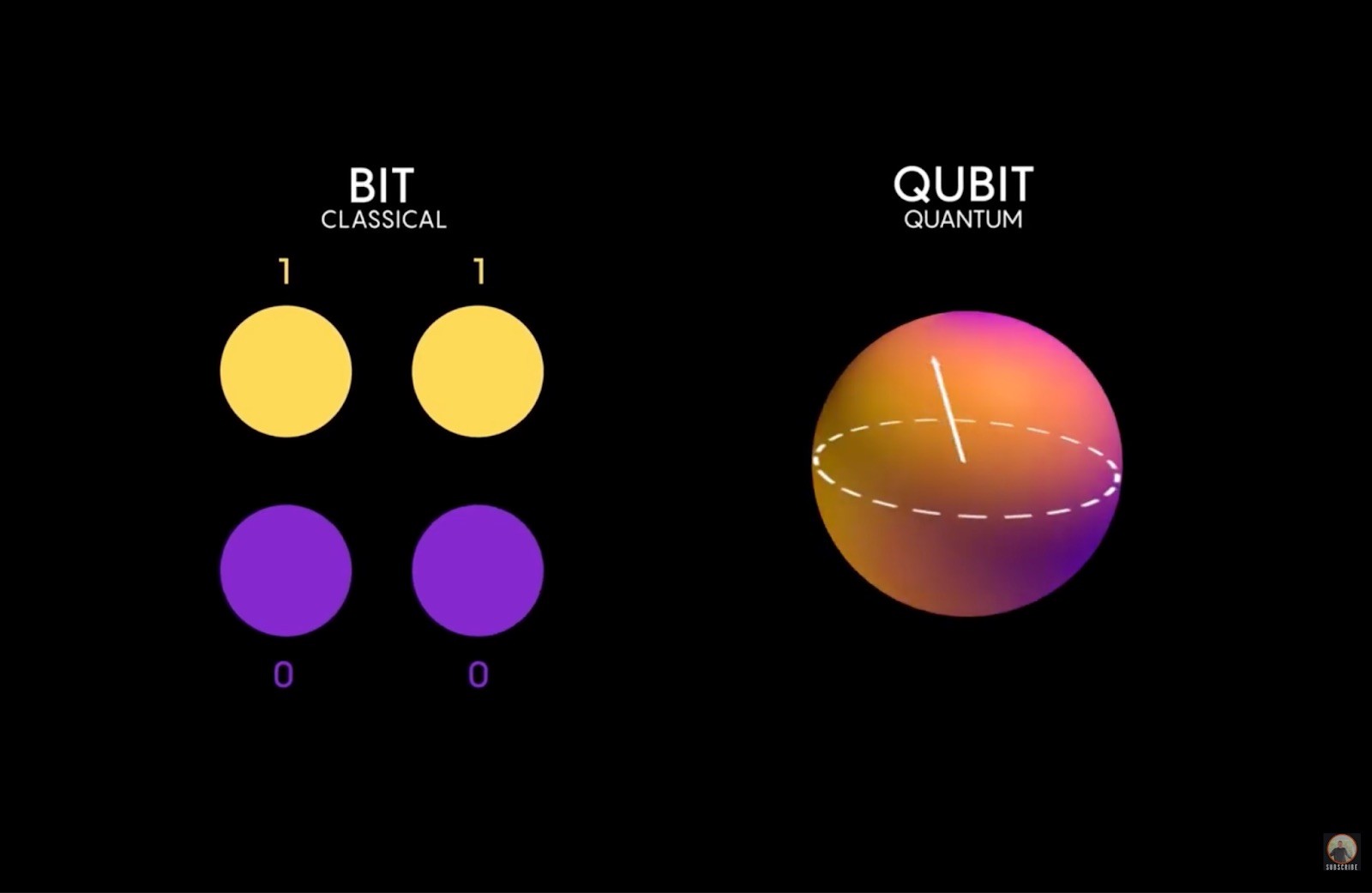Investing in private companies before they go public has traditionally been reserved for accredited investors through platforms like EquityZen. But with new alternatives like Jarsy, retail investors can now access fractional pre-IPO shares starting from just $10. This guide compares EquityZen and Jarsy across fees, minimums, funding methods, and transparency to help you choose the right pre-IPO platform.
Overview: EquityZen and Jarsy in the Private Equity Space
What EquityZen Offers
EquityZen is a leading marketplace for private company shares, connecting shareholders wishing to sell their pre-IPO stock with accredited investors seeking access to private tech companies. It provides liquidity options for shareholders and an opportunity for investors to buy shares of high-growth private companies, though typically requiring investor accreditation and sizable minimum investments.
What Jarsy Offers
Jarsy democratizes access to private pre-IPO investments by offering tokenized shares backed 100% by real equity, allowing investors to buy fractional shares starting as low as $10. The platform supports both traditional fiat and crypto funding and uses blockchain technology for transparency and verification, making private equity investing accessible and transparent for a broad audience.
Key Differences Between EquityZen and Jarsy
Investment Minimums and Accessibility
• EquityZen mostly serves accredited investors with higher minimum investment requirements.
• Jarsy welcomes retail investors and allows investments from just $10, making it more accessible for smaller investors.
Investment Structure and Transparency
• EquityZen facilitates secondary transactions of actual private shares, often with company approval and traditional brokerage procedures.
• Jarsy issues tokens fully backed by shares held by Jarsy, leveraging blockchain for transparent tracking and proof of reserves accessible publicly.
Funding Methods
• EquityZen investments are typically funded via USD wire transfers requiring traditional financial onboarding.
• Jarsy supports multiple funding options including cryptocurrencies, stablecoins, USD, and local fiat currencies, giving flexibility to global investors.
Fee Structure
• EquityZen charges marketplace fees, usually including platform fees and carried interest.
• Jarsy charges a 5% platform fee, with carried interest potentially applying to certain deals depending on the underlying asset structure.
Pros and Cons Comparison
EquityZen vs Jarsy: Quick Comparison
Feature | EquityZen | Jarsy |
Minimum Investment | Typically $10,000+ (accredited) | $10 (open to retail investors) |
Investor Eligibility | Accredited only | Open to global retail & accredited |
Funding Options | USD bank transfers | USD, local fiat, crypto, stablecoins |
Transparency | Broker disclosures | Blockchain verification + proof-of-reserves |
Fees | Platform + carried interest | 5% platform + varied carried interest |
Liquidity | Secondary share transactions | Token-based, future liquidity options |
Pros of EquityZen
Pros:
• Well-known marketplace with access to many high-profile tech companies.
• Provides liquidity option for shareholders to sell shares.
• Strong reputation and regulatory compliance as a broker-dealer.
Cons:
• Typically requires accredited investor status.
• Higher minimum investment amounts limit accessibility.
• Secondary market transactions may need company approval, which can delay or limit sales.
Pros of Jarsy
Pros:
• Low minimum investment ($10) accessible to retail investors.
• Blockchain-based tokenization ensures transparency and ease of ownership verification.
• Multiple flexible payment options including crypto.
• Public proof of reserve documentation builds investor trust.
Cons:
• Tokens may have carried interest fees.
• As a non-registered broker, Jarsy does not provide investment advice or guarantees.
• Secondary liquidity options for tokens may be limited compared to traditional marketplaces.
Who Should Choose EquityZen vs Jarsy?
Choose EquityZen if:
• You are an accredited investor looking for a traditional secondary market for private shares.
• You want to buy or sell private company stock with brokerage-level services.
• You prefer established marketplaces with regulatory oversight.
Choose Jarsy if:
• You want a low-cost entry into pre-IPO investing with fractional shares from $10.
• You prefer blockchain transparency, varied funding options, and a modern investing experience.
• You are a global investor seeking easy access to private equity without high barriers to entry.
Frequently Asked Questions
What is the minimum investment on EquityZen and Jarsy?
Answer: EquityZen typically requires higher minimums, often tens of thousands of dollars, while Jarsy allows investments starting at $10.
Can I invest using cryptocurrency on these platforms?
Answer: Jarsy accepts crypto and stablecoin deposits, whereas EquityZen mainly accepts traditional fiat currency.
Are Jarsy tokens backed by actual shares?
Answer: Yes, every Jarsy token is 100% backed by one share of real private company stock held by Jarsy.
Do I need to be an accredited investor to use Jarsy?
Answer: No, Jarsy is designed for retail investors and does not require accreditation, unlike EquityZen.
How transparent are the investment holdings?
Answer: Jarsy provides public proof of reserve documentation and blockchain tracking for token holdings, offering high transparency. EquityZen operates a traditional marketplace with regulatory disclosures but no blockchain verification.
Is Jarsy a safe alternative to EquityZen?
Answer: Jarsy backs every token with actual company shares held in custody and publishes proof-of-reserves, offering transparency for investors.





